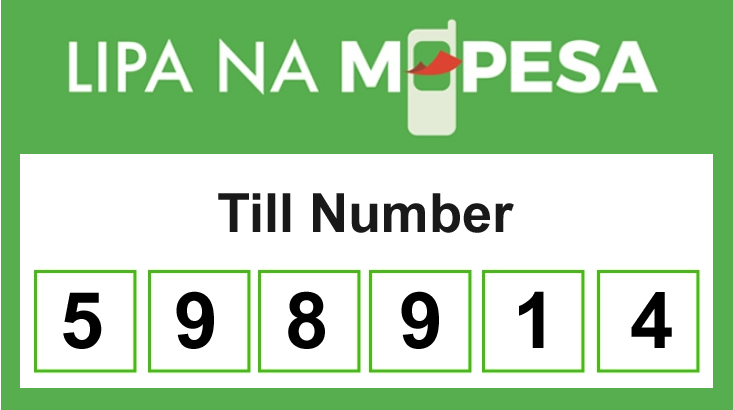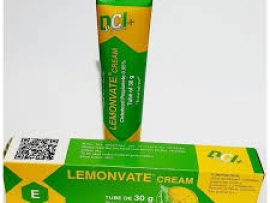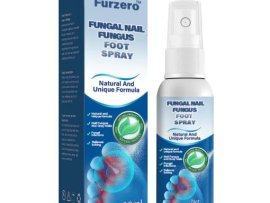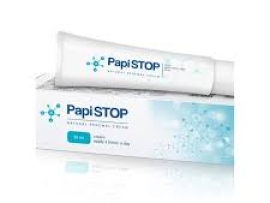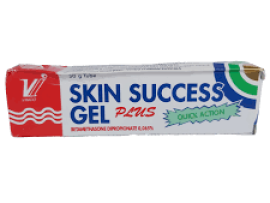Psoriasis Treatment Products In Kenya
Psoriasis Treatment Products for treatment of adults with psoriasis include general measures, Topical preparations, Ultraviolet therapy among others. Generally, Psoriasis is a skin condition that causes red, flaky, crusty patches of skin covered with silvery scales. Some people find their psoriasis causes itching or soreness.
Featured Product
Sort By:
Default

